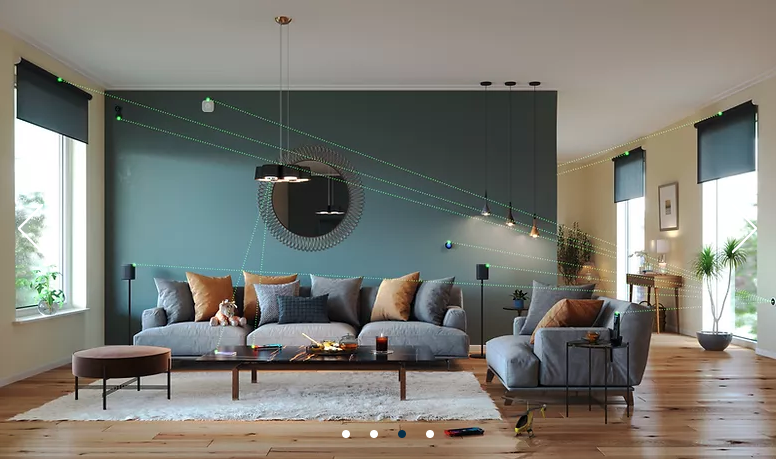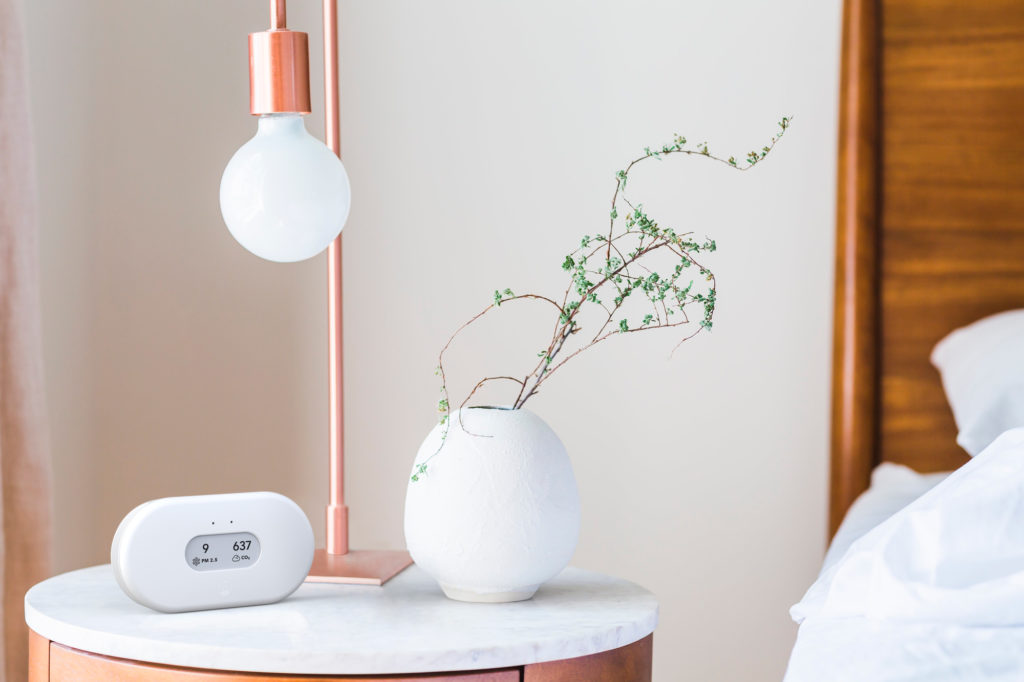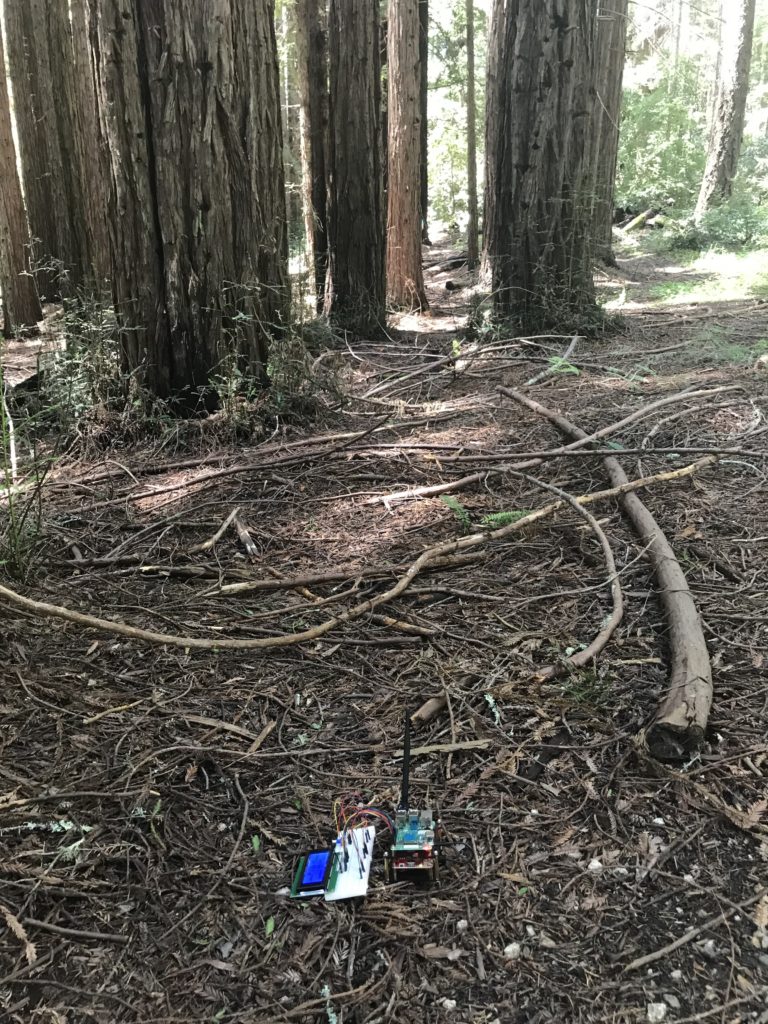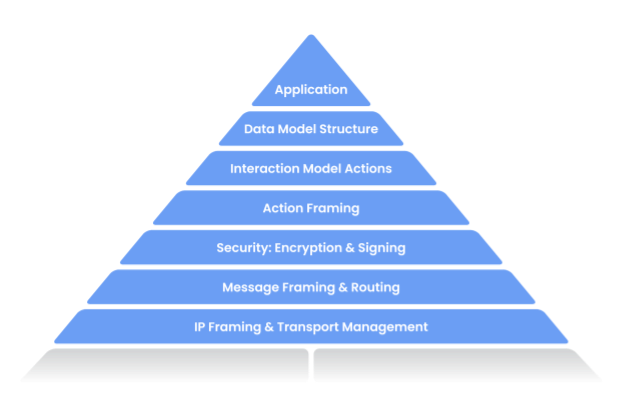We kick off the show this week with Insteon’s comments about its abrupt closure and asset sale before trying to salvage some good news from Arm’s latest chip news. We’re getting a new M-class processor that’s going to be super capable for machine learning at the edge and other jobs. We also give you a preview of next year’s hottest tech, wireless charging for smart home devices. Then we pivot to industrial news with Amazon’s newly announced $1 billion fund for industrial innovation. So far Amazon is investing in computer vision and robotics startups, but warehouse automation, supply chain technology and logistics are all of interest for the fund. Amazon also released a new Alexa talent for the smart home, Sense raised $105 million for smarter home energy monitoring and Wyze introduced a garage door controller. We close out the news with a found Pixel watch, an update on the Sigfox sale, and Kevin reviewing an Airthings View Pollution air quality monitor. On the hotline this week we answer a question about a HomeKit hub that’s stuck in standby mode.

Our guest this week is Willem Sundblad, CEO of Oden Technologies. Oden Technologies is an industrial IoT startup that tries to bridge the gap between operational technology data and IT data. We discuss how its clients are using the software to help track the quality of their batch processes, and how software is helping its customers with supply chain challenges and sustainability goals. Paper manufacturing and plastics companies are facing issues getting enough raw materials with supply chains mucked up, and so are trying to use more recycled materials. But changing inputs means adjusting the process, which can be difficult and lead to poor yields while the manufacturer adjusts the recipe. Oden’s customers are able to tweak their processes for new inputs faster and without as much waste, which is something to be excited about. It’s one of the things I had hoped the IoT was going to enable, and I’m glad to see it happening.
Hosts: Stacey Higginbotham and Kevin Tofel
Guest: Willem Sundblad, CEO of Oden Technologies
Sponsors: Impinj and InfluxData
- Insteon’s final goodbye is pretty frustrating
- Alexa has a new talent and is going to share it with Google Nest devices
- This $200 air quality monitor does too little for so much
- Industrial IoT software can help with sustainability goals
- More data can lead to more confident plant operators
Podcast: Play in new window | Download | Embed
Subscribe: RSS




